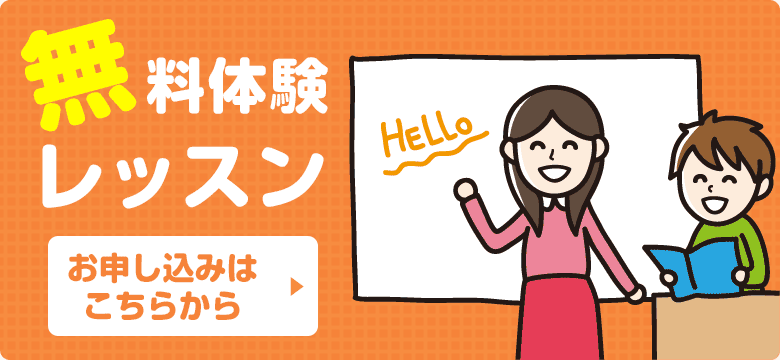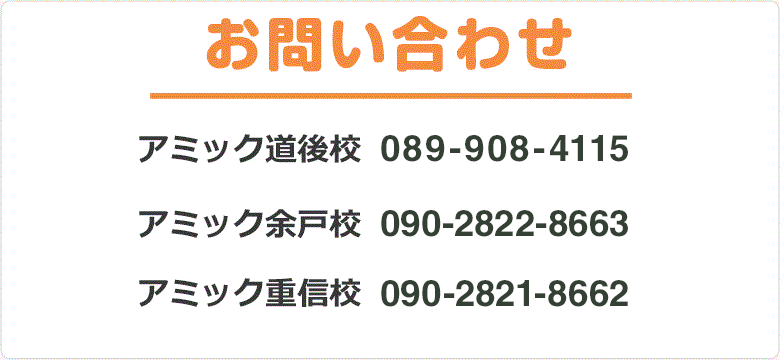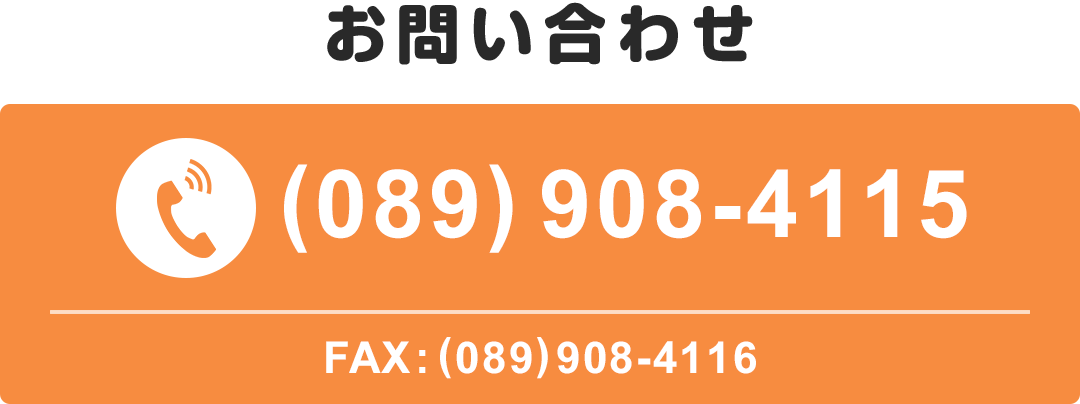カテゴリー:未分類
英会話・英語 アミック What Is a Better Form of Cardio: Bicycling or Running?
Running and cycling are both excellent forms of aerobic exercise. Both allow you to engage large muscle groups in a sustained activity, which elevates your heart rate and delivers a wide variety of health benefits. Running burns more calories than cycling, and it can make your heart work a little harder. According to experts at Harvard Medical School, the heart rates of trained triathletes tend to be six to 10 beats per minute higher when they are running than when they are cycling.
英会話・英語 アミック Rain, rain, go away
This morning, as I opened my front door all ready to take my son to preschool, I was greeted with rain. Not just drizzling rain, but proper raining cats and dogs rain. I went back into the room to get my son’s raincoat and my 5-year-old raincoat and thought, “Bugger it. There’s no way I’m going to ride my bicycle holding an umbrella.” I arrived at the preschool a little later than usual only to discover that the waterproof coating on our coats had worn off. Oh, great!
The rainy season is my least favorite time in Japan. Although it doesn’t rain every day, it is a hassle when you need to commute by bicycle. Hopefully, after I invest in new raincoats and an umbrella holder for my bicycle, my attitude about getting around in the rain will change. I’ve never made a teru teru bozu talisman to bring fine weather, but I just might this year.
英会話・英語 アミック Do you make your own lunch?
One of the biggest differences for me living in Japan is that I only make my own lunch once or twice a week. There are a few reasons for this. I think that the main reason is the selection of quality “to go” and “ready” meals is much greater and more reasonably priced in Japan. If, as in the UK, comparable meals are out of my price range, I would have to make more of an effort to prepare my own lunches.
Another reason is the difference in my schedule in Japan, whereas in the UK I could easily spend a big portion of one of my consecutive days off on meal preparation for the following week, it is more of a challenge here. Although if I had the same schedule in the UK as here, I believe that I would increase the amount of lunches I would make for myself to three or four times a week. This would be because my preferred method of cooking, to bake or roast, would be much easier for me to do. It is much more common to have an oven in an apartment or house in the UK – it is in general – a standard in every household. There simply isn’t the space for it in my accommodation in Japan.
This does allow me to experience more authentic – and delicious – Japanese food while I am living here, so I am quite happy, currently, to be buying in lunch!
英会話・英語 アミック What is ransomware?
Ransomware is malicious code that is used by cybercriminals to launch data kidnapping and lockscreen attacks. The motive for ransomware attacks is monetary, and unlike other types of attacks, the victim is usually notified that an exploit has occurred and is given instructions for how to recover from the attack. Payment is often demanded in virtual currency to protect the criminal’s identity.
Ransomware malware can be spread through malicious e-mail attachments, infected software apps, infected external storage devices and compromised websites. In a lockscreen attack, the malware may change the victim’s login credentials for a computing device; in a data kidnapping attack, the malware may encrypt files on the infected device as well as other connected network devices.
Ransomware kits on the deep web have allowed cybercriminals with little or no technical background to purchase inexpensive ransomware-as-a-service (RaaS) programs and launch attacks with very little effort. Attackers may use one of several different approaches to extort digital currency from their victims. For example:
The victim may receive a pop-up message or email warning that if the ransom is not paid by a certain date, the private key required to unlock the device or decrypt files will be destroyed.
The victim may be duped into believing he is the subject of an official inquiry. After being informed that unlicensed software or illegal web content has been found on his computer, the victim is given instructions for how to pay an electronic fine.
The attacker encrypts files on infected computed devices and makes money by selling a product that promises to help the victim unlock files and prevent future malware attacks.
To protect against ransomware attacks and other types of cyberextortion, experts urge users to backup computing devices on a regular basis and update software — including anti-virus software — on a regular basis. End users should beware of clicking on links in emails from strangers or opening email attachments and victims should do all they can to avoid paying ransoms.
While ransomware attacks may be nearly impossible to stop, there are important data protection measures individuals and organizations can take to insure that damage is minimal and recovery is a quick as possible. Strategies include compartmentalizing authentication systems and domains, keeping up-to-date storage snapshots outside the main storage pool and enforcing hard limits on who can access data and when access is permitted.
【英会話・英語】Live Earth
I’ve bought my tickets to attend an annual local festival this weekend called Live Earth. It will be my fifth time to go and with a fine and sunny day forecasted I can’t wait to chill out under the sun with my family and friends.
The name of the event and what it involves is clear- live music with an earth-loving theme. The festival highlights the importance of resources by encouraging people to bring their own tableware and cutlery. If you happen to forget to bring them on the day, you can rent them there for a hundred yen.
I love wondering around, bumping into people I haven’t seen in ages and checking out the various stalls that sell food, drinks, and clothing. There are other tents offering massages, yoga classes and even activities for children. Every year I am entertained by the organic and hippy sounds of Dewachen – most definitely my favorite performance throughout the day mainly because of the didgeridoo playing.
You don’t need to be a tree-hugger to go and it’s no Fuji Rock, but it has a great vibe. I also appreciate the warm and welcoming atmosphere and the people there that support and love Mother Nature.












